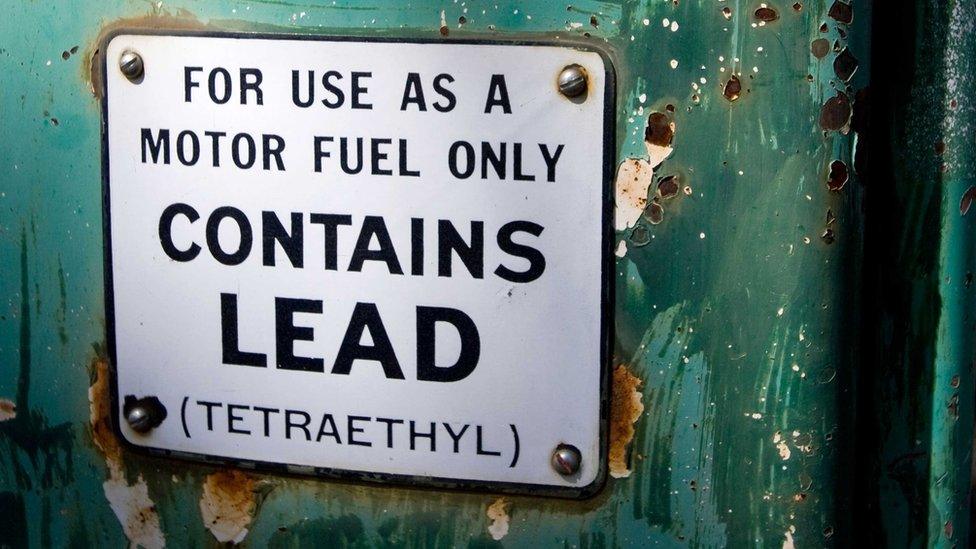London mayor wants daily driving charge of up to £2
- Published
- comments
'If your car isn't up to date, you've had it'
London's mayor says he needs to charge drivers a "small" daily fee of up to £2 for "all but the cleanest vehicles" to help hit climate change targets.
The road pricing proposal is part of a push by Sadiq Khan to encourage people towards public transport, walking, cycling or electric vehicles.
The RAC called the plan "poorly timed" with cleaner vehicles being "too expensive for most people".
Longer term, Mr Khan says he needs to bring in a pay-per-mile system.
He is also considering charging drivers from outside the capital who wish to travel into Greater London, widening out the current charging zone.
Mr Khan said he was "not willing to put off action".
A report commissioned by City Hall, external found that a 27% reduction in London's car traffic was required by 2030 to meet net-zero ambitions.
It stated that London faces severe impacts of climate change, with an increase in extremes such as last summer's flash floods which closed hospitals, hit Tube stations and flooded homes and businesses, as well as deadly heatwaves.
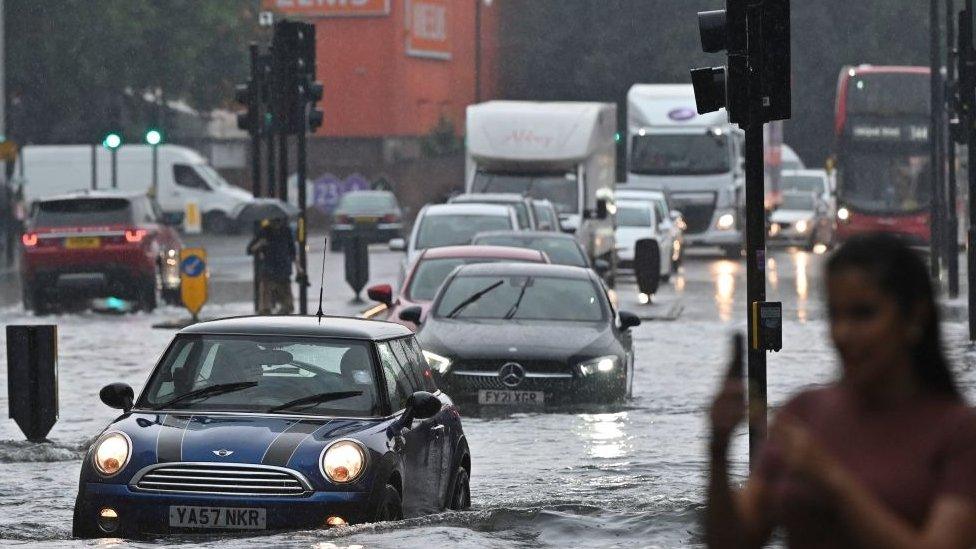
Buses and cars were left stranded when roads across London flooded in July 2021
Road user charging would be a "simple and fair scheme" that could replace existing fees such as the congestion charge and the Ultra Low Emission Zone (ULEZ), according to the report.
The London mayor said he was "not willing to stand by and wait when there's more we can do in London that could make a big difference".
"We have too often seen measures to tackle air pollution and the climate emergency delayed around the world because it's viewed as being too hard or politically inconvenient, but I'm not willing to put off action we have the ability to implement here in London," Mr Khan said.
Transport for London (TfL) and the mayor said there would be a public consultation on the proposals, with the chosen measure potentially implemented by May 2024.

Analysis
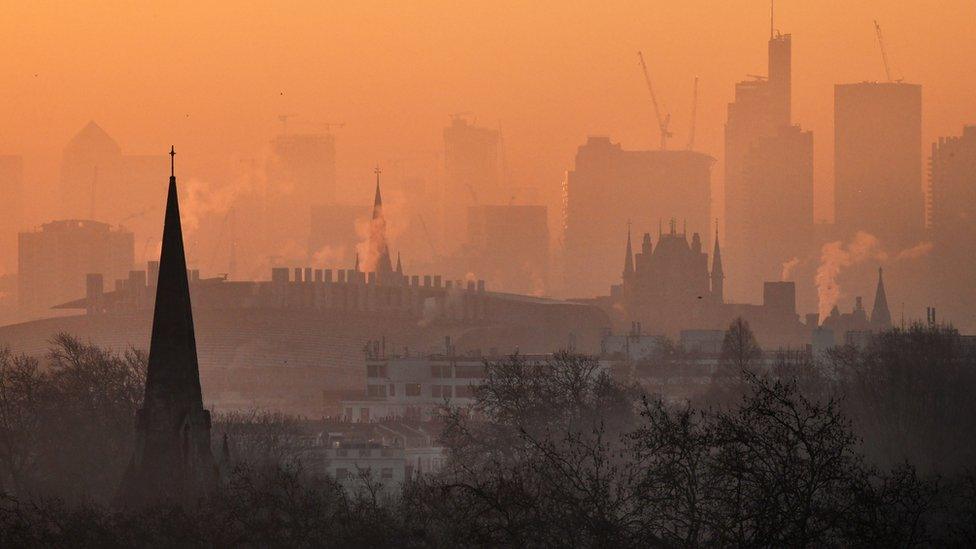
By Tom Edwards, BBC London transport and environment correspondent
The Mayor wants to start a conversation with Londoners about how the capital gets its transport emissions down.
One big new idea is a clean air charge where if you don't have a clean vehicle you'll pay a small fee - probably about the same as a bus fare - to drive anywhere in London.
There is no doubt it's radical and ambitious - but it would face opposition.
The mayor seems confident he could get it through in the next couple of years, if that is what London wanted.
It could reduce emissions and try and nudge people into walking, cycling and using public transport and, politically, half of households in London don't have a vehicle.
Longer-term, though, expect a pay-per-mile road charging system.

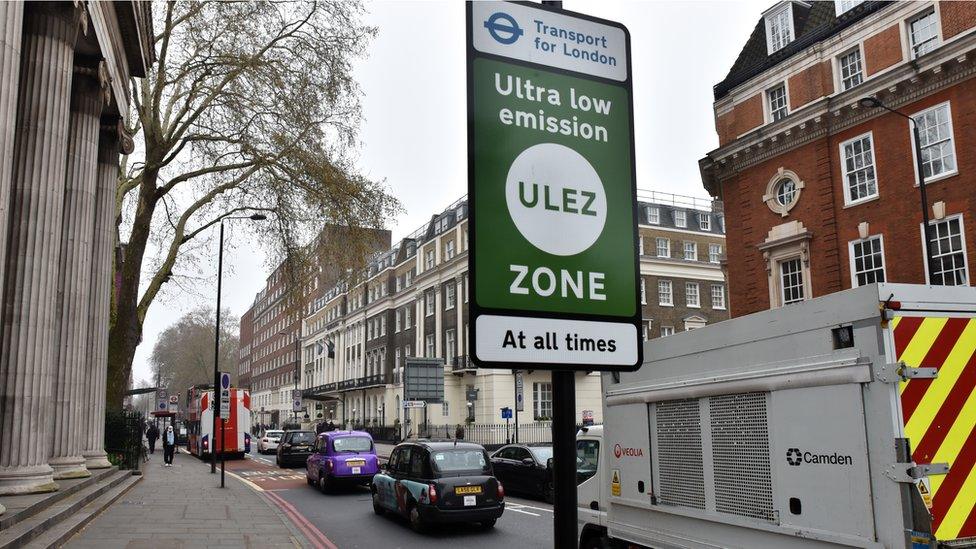
The Ultra Low Emission Zone (ULEZ) was introduced in April 2019
City Hall has previously said that almost every London school is in an area where air pollution levels exceed World Health Organization limits.
Air pollution was found to have caused the death of schoolgirl Ella Adoo-Kissi-Debra in Lewisham, south-east London, a coroner ruled in December 2020.
Her mother Rosamund, who is holding a vigil on Sunday on the eve of what would have been Ella's 18th birthday, said one measure "won't solve everything".
"Anything that can reduce car use generally, I'm going to be for it," she said.
"I know there will be huge impacts on certain jobs but the health impacts are so detrimental that something has to be done. I don't think there's a choice really."
The RAC said everyone wanted cleaner air but cleaner vehicles were too expensive for most people and such charges would impact carers, tradespeople and night-time economy staff.
Head of roads policy, Nicholas Lyes, said: "Our research suggests fewer than a third of drivers in London expect to switch to an electric vehicle within the next five years and, at the same time, the mayor himself cannot commit to a zero-emission TfL bus fleet until 2037.
"At a time when the basic cost of living for Londoners is soaring, these proposals seem to be poorly timed, so we strongly urge the mayor to think again instead of defaulting to extracting more money from the pockets of London's drivers."
Mr Khan added: "I'm determined that we continue to be doers, not delayers - not only to protect Londoners' health right now, but for the sake of future generations to come."

Follow BBC London on Facebook, external, Twitter , externaland Instagram, external. Send your story ideas to hellobbclondon@bbc.co.uk, external
- Published23 December 2017
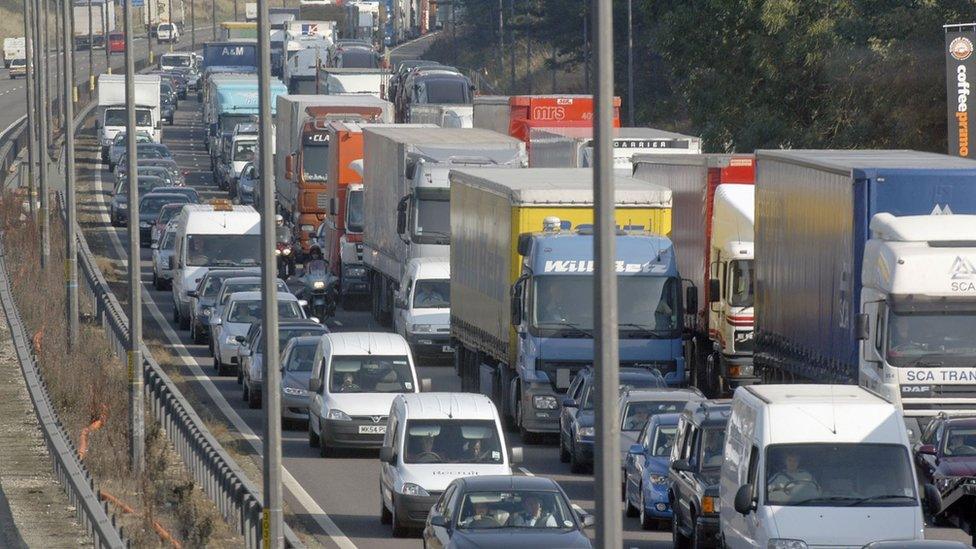
- Published19 October 2021
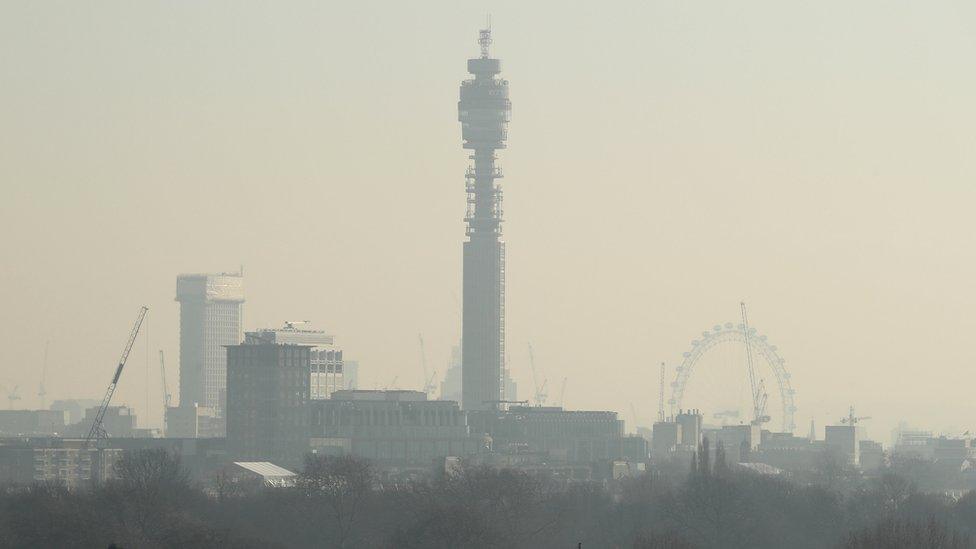
- Published19 October 2021
- Published17 June 2021
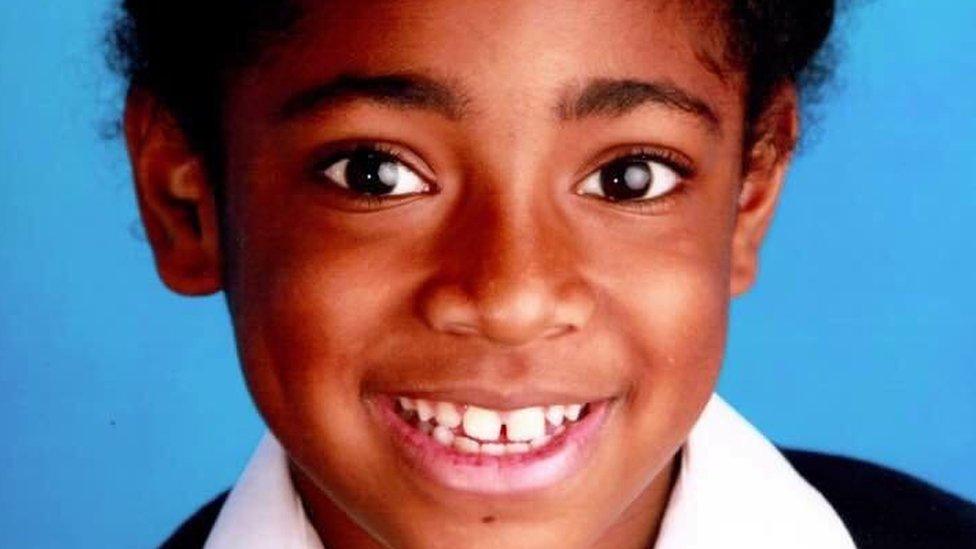
- Published21 April 2021

- Published28 August 2017
